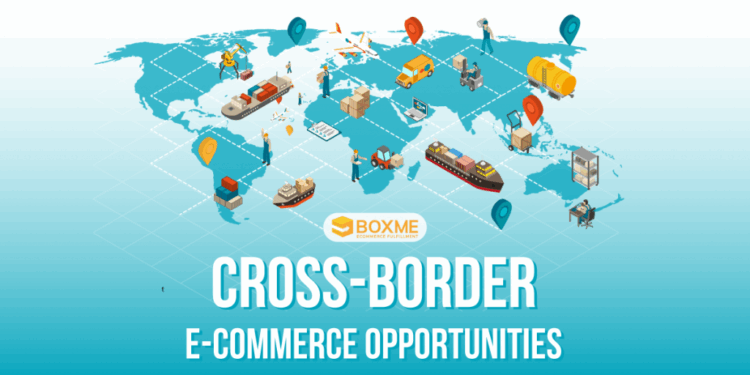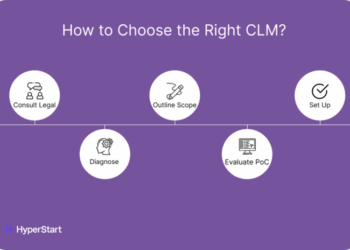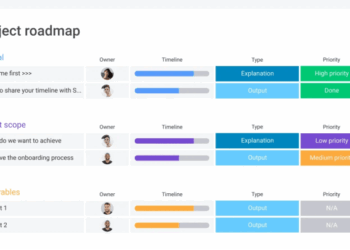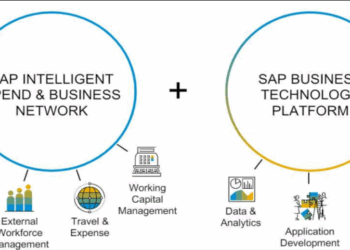Cross-Border Trading Platforms: Global Access Made Easy sets the stage for this enthralling narrative, offering readers a glimpse into a story that is rich in detail and brimming with originality from the outset.
These platforms revolutionize the way businesses engage in international trade, providing seamless solutions to complex cross-border transactions.
Introduction to Cross-Border Trading Platforms
Cross-border trading platforms are online marketplaces that allow businesses and individuals to buy and sell goods and services across international borders. These platforms provide a digital infrastructure that facilitates transactions between buyers and sellers from different countries.
The significance of global access in trading platforms lies in the ability to reach a larger market and tap into new opportunities worldwide. By breaking down geographical barriers, these platforms enable businesses to expand their customer base and explore new markets without the need for a physical presence in every country.
Simplifying International Trade
Cross-border trading platforms simplify international trade by streamlining the process of buying and selling goods and services across borders. They provide tools and resources that help users navigate the complexities of international commerce, such as currency conversion, language translation, and regulatory compliance.
Features of Cross-Border Trading Platforms

Cross-border trading platforms offer a range of user-friendly features that simplify the process of international transactions and provide a seamless experience for users.
Key Features:
- Multi-language Support: These platforms often support multiple languages, making it easier for users from different countries to navigate the interface and conduct transactions.
- Global Payment Options: Cross-border trading platforms usually offer a variety of payment methods to accommodate users worldwide, including credit cards, e-wallets, and bank transfers.
- Real-Time Currency Conversion: Users can make transactions in their local currency, with the platform automatically converting the amount to the desired currency at the current exchange rate.
- Secure Payment Gateways: These platforms implement secure payment gateways to protect users' financial information and ensure safe transactions across borders.
- Customs and Duty Calculators: Some platforms provide tools to calculate customs duties and taxes for international shipments, helping users estimate additional costs accurately.
Seamless Currency Conversions:
Cross-border trading platforms handle currency conversions seamlessly by partnering with payment processors and financial institutions to provide real-time exchange rates. When a user makes a transaction in a different currency, the platform automatically converts the amount at the current exchange rate, ensuring transparency and accuracy in the conversion process.
This feature eliminates the need for users to manually calculate exchange rates or deal with fluctuating currency values, making international transactions more convenient and hassle-free.
Secure Transactions Across Borders:
To ensure secure transactions across borders, cross-border trading platforms implement robust security measures such as encryption, two-factor authentication, and fraud detection systems. These platforms comply with international data protection regulations and industry standards to safeguard users' personal and financial information.
By leveraging advanced security technologies, such as SSL encryption and tokenization, these platforms create a secure environment for users to conduct transactions with peace of mind, regardless of their location or the currency involved.
Benefits of Using Cross-Border Trading Platforms
Cross-border trading platforms offer a wide range of benefits to businesses looking to expand their reach, engage in cultural exchange, and foster economic growth through international cooperation.
Increased Market Reach
By utilizing cross-border trading platforms, businesses can tap into new markets beyond their domestic borders. This allows for increased visibility, customer base, and revenue streams.
Cultural Exchange Through Trade
Cross-border trading platforms facilitate the exchange of goods and services between different countries, leading to cultural interactions and mutual understanding. This helps in promoting diversity and global harmony.
Promotion of Economic Growth and International Cooperation
Through cross-border trading platforms, countries can benefit from increased trade volumes, investment opportunities, and technology transfers
Challenges Faced by Cross-Border Trading Platforms

Cross-border trading platforms encounter various challenges that can impact the seamless flow of international commerce. From language barriers to regulatory differences, these platforms need to navigate a complex landscape to ensure global access for users.
Language Barriers and Regulatory Differences
One of the major obstacles faced by cross-border trading platforms is the diversity of languages and regulatory frameworks across different countries. This can lead to miscommunications, legal issues, and delays in transactions. Platforms must invest in multilingual support and compliance teams to overcome these challenges.
Logistics and Shipping Across Borders
Another significant challenge is related to logistics and shipping processes when dealing with cross-border transactions. Issues such as customs clearance, shipping costs, and delivery times can vary greatly between countries, impacting the overall user experience. Cross-border trading platforms need to establish efficient shipping solutions and partnerships to streamline the process.
Data Security and Privacy Concerns
Ensuring data security and privacy is a critical challenge for cross-border trading platforms, especially when handling sensitive customer information across different jurisdictions. Platforms must comply with data protection regulations, implement robust cybersecurity measures, and provide transparent policies to build trust with users.
Trends in Cross-Border Trading Platforms
As cross-border trading platforms continue to evolve, several trends are shaping the future of global commerce. From emerging technologies to geopolitical events and sustainable practices, these platforms are experiencing significant changes.
Emerging Technologies
Advancements in technologies such as artificial intelligence, blockchain, and big data analytics are revolutionizing cross-border trading platforms. These technologies streamline processes, enhance security, and improve efficiency in international transactions.
Impact of Geopolitical Events
Geopolitical events, such as trade wars, Brexit, and changes in regulations, have a profound impact on cross-border trading platforms. Uncertainties in global politics can disrupt supply chains, alter trade agreements, and influence market dynamics, affecting how these platforms operate.
Sustainable and Ethical Trading Practices
There is a growing trend towards sustainable and ethical trading practices in cross-border platforms. Consumers are increasingly demanding transparency, fair labor practices, and environmentally friendly processes. As a result, trading platforms are adapting to meet these expectations by promoting sustainability and ethical standards in global trade.
Final Wrap-Up
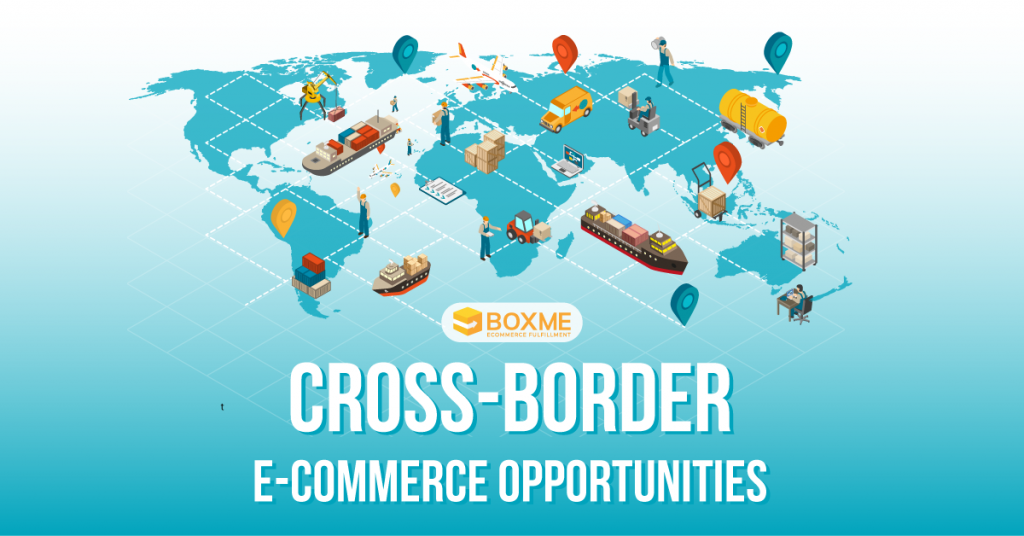
In conclusion, Cross-Border Trading Platforms: Global Access Made Easy encapsulates the essence of modern commerce, bridging gaps and fostering connections across the global market with unparalleled ease and efficiency.
Questions Often Asked
How do cross-border trading platforms handle currency conversions?
These platforms use real-time exchange rates and advanced algorithms to ensure accurate and seamless currency conversions.
What are some common challenges faced by cross-border trading platforms?
Common challenges include language barriers, regulatory differences, logistics issues, and concerns about data security and privacy.
What trends are shaping the future of cross-border trading platforms?
Emerging technologies, geopolitical events impact, and the rise of sustainable trading practices are key trends influencing the evolution of these platforms.

